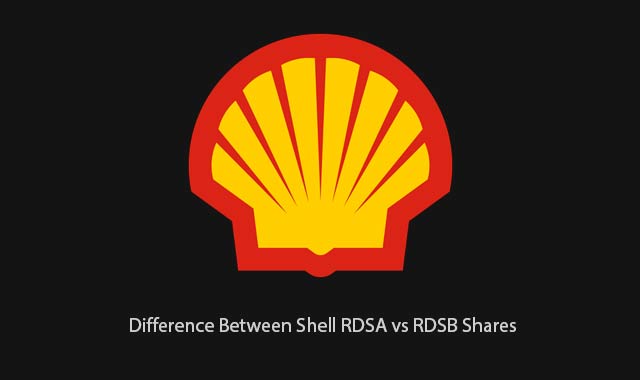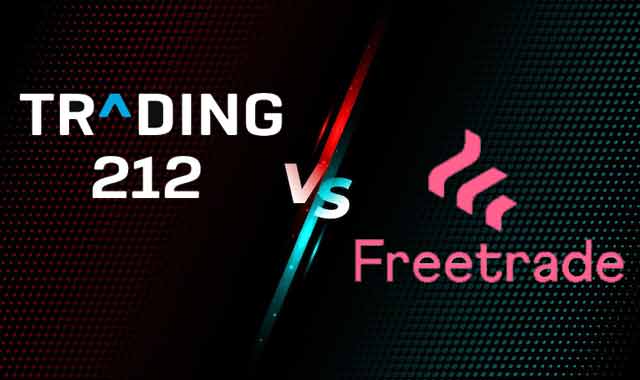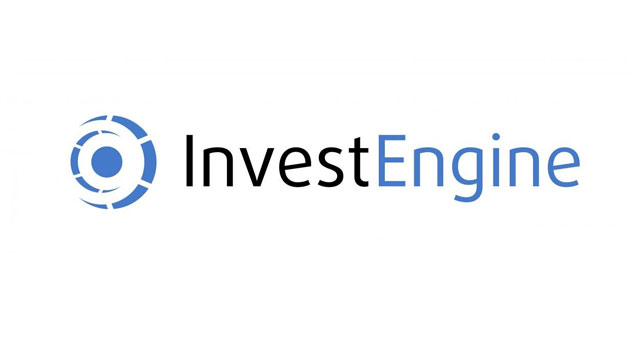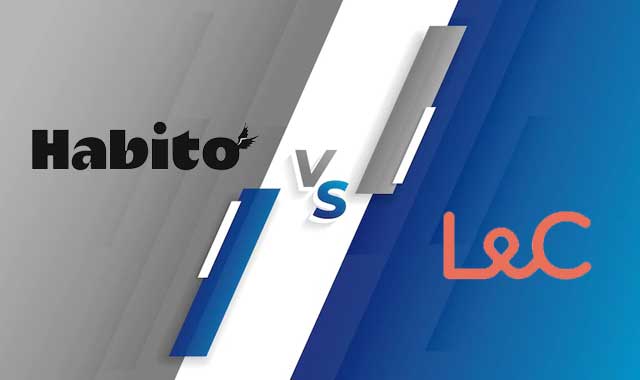RDSA vs. RDSB: The Royal Dutch Shell, known as “Shell,” is a multinational oil and gas company founded in 1907. After the British-Dutch partnership merger with other companies over time. It has grown to be one of Europe’s most prominent corporations in revenue and size. Their headquarters are near The Hague, where all operations occur within this region. The Netherlands only offers about 22%; however, because there’s so much landmass available, they can spread out into different countries without too much trouble, which makes them very resilient during times when things get tough financially, or environmentally harmful events happen simultaneously around us!

Shell is an international oil and gas company operating in over 150 countries. It produces, refines, and distributes oils around the world. One can also see its involvement in power generation, and petrochemicals trading, among other things. The trend of renewable energy has become prominent lately due to reasons such as rising concerns about climate change. That trend also changes the long-term strategy of the company.
At the beginning of 1907, two rival companies were formed to create an amalgamation. One was Dutch, and the other British- Shell Transport & Trading Company Limited (STLC). Later on, in 2005 took place with their partnership for business purposes while maintaining operations in 70 countries across all continents except Antarctica.
The company in the stock market has two different shares: one is called RDSB, and the other is RDSA. These classes refer to two different types of claims with similar rights but distinct characteristics that make them unique from each other!
Introduction to RDSA
The Royal Dutch Shell A shares, or RDSA for short, is a type of share that comes from the original company in the Netherlands and trades on Amsterdam’s Exchange. It has 15% taxation upon dividends paid out by them to residents living within its borders but not if you’re an international investor–the rate changes depending upon your home country! For example, American folks will pay 20%, and Japanese citizens will pay 30%.
The currency used throughout all transactions involving these particular securities is euros, so make sure it matches what might be expected at settlement time. The company is controlled by its shareholders, but they have no voting power. In case of bankruptcy, however, the RDSA can access 57% shares immediately without going through any court proceedings or administrative procedures, which could take years before it happens.
With RDSA, you’re guaranteed access to your shares if bankruptcy strikes. The shareholders can rest assured that if anything goes wrong with their company, they will be able to access the shares safely and securely.
Introduction to RDSB
The RDSB shares of Royal Dutch Shell are another class anyone can trade on the UK market. These are associated with an international company, in this case, London-based Shell Transport and Trading Company (STTC), and their domestic branch – aka TheShell Society Of Great Britain Ltd., does not have any withholding taxes imposed upon its dividends paid out.
The shares of RDSB do not hold much more power in the company than people might think. The 43% that they control means not only do these investors have voting rights but if anything happens to go wrong with finances or bankruptcy filing. Then it would be waiting for RDSA to access their assets before any other creditors could get some money out there too!
The demand for RDSB shares has organically grown as more people invest in them without paying taxes. However, it also causes RDSB price drops due to the lack of withholding taxes which would otherwise be collected by governments and given back out at some point when they’re needed most – like during boom periods or economic meltdowns.
People who own these types of securities don’t have it easy; you’ll never know whether your investment will pay off because there’s no way anyone can predict how markets might fluctuate!
RDSA vs. RDSB Major Differences
- The two companies have different links to the Royal Dutch Shell Company. RDSB is associated with UK-based Shell Transport, and Trading Co. RDSA has its roots in the Netherlands.
- The Netherlands-based Royal Dutch Shell owns and operates RDSA, while the UK-based Shell holds and manages RDSB.
- The RDSB is traded in pounds sterling and the RDSA in Euros.
- The RDSB owns 43 percent of the firm, while the RDSDA controls 57.5 percent.
- In the case of RDSA shares, there is a tax called a “withholding tax,” but there is no such tax in the RDSB.
- The RDSB has voting power, and the RDSA does not, yet RDSA obtains access to their assets first in case of bankruptcy.
Where Can I Buy Shell Shares? RDSA vs. RDSB
Shell shares are now more accessible than ever before. You can find them on all leading UK trading platforms, and it’s hard not to, with RDSA or RDSB available through all the more prominent players in my reviews!
If you are already using an investment platform such as Freetrade, Trading 212, or Hargreaves Lansdown, I’d recommend checking for RDSB and RDSA shares in the listings. You can also take advantage of free stocks if you are new to them and sign up with my links! – so make sure not to miss out on this opportunity


